#unforgiven film
Text
youtube
Unforgiven Ambient Music
#unforgiven#clint eastwood#westerns#western#red dead redemption 2#red dead redemption two#django#the good the bad and the ugly#western spaghetti#spaghetti western#movies#western movie#western movies#wild west#trilogiadeldollaro#revisionist western#neo western#modern westeros#unforgiven movie#unforgiven 1992#unforgiven film#william munny#morgan freeman#will munny#wyoming#cowboys#horses#horse#riding horse#cowboy
2 notes
·
View notes
Text










⁎・˳ . ⁺ .˳˚ ⋆ Eve, Psyche & The Bluebeard’s wife
#moodboard#kazuha#le sserafim#unforgiven#visual archive#icons#blue#green#random#messy#black and white#kpop#headers#lq#layouts#vintage#photoshoot#colourful#gg icons#film#scans#aesthetic#snoopy#eve psyche and the bluebeards wife#symbols
105 notes
·
View notes
Text
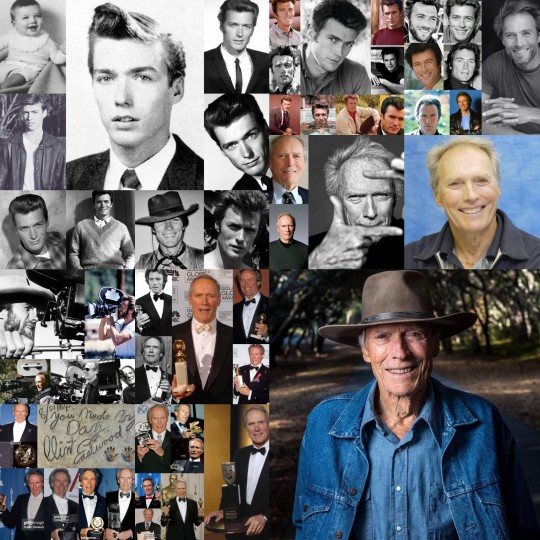
Happy Birthday Clint 🥳🎂🎈🎁🎉
Clinton Eastwood Jr
May 31,1930
Buon Compleanno 🥳🎂🎈🎁🎉
31 Maggio 1930
#clint eastwood#actor#director#world cinema#cinema#movies#film#tv shows#perunpugnodidollari#perqualchedollaroinpiu'#ilbuonoilbruttoeilcattivo#the good the bad and the ugly#rawhide#magnum force#heartbreakridge#firefox#unforgiven#mystic river#million dollar baby#flagsofourfathers#changeling#gran torino#j.edgar#american sniper#themule2018#sully#crymacho#celebrity#legend#happy birthday
8 notes
·
View notes
Text
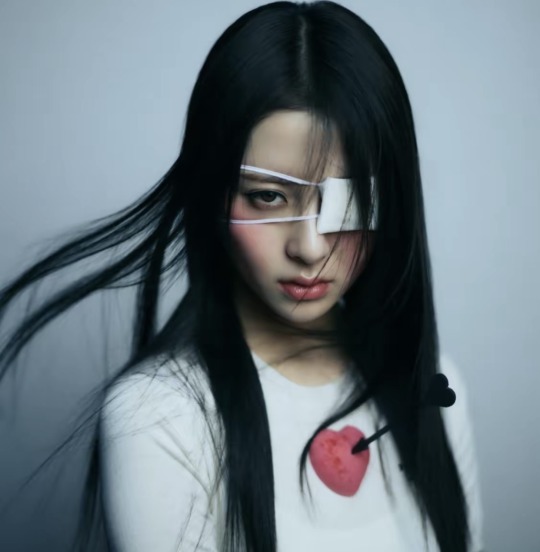





unforgiven.



#messy aesthetic#messy moodboard#aesthetic#moodboard aesthetic#cute#cute moodboard#grunge moodboard#alternative moodboard#punk moodboard#random moodboard#green moodboard#blue moodboard#le sserafim#unforgiven#aesthetic moodboard#film moodboard#soft moodboard#le sserafim moodboard#sakura#sakura moodboard#eunchae#eunchae moodboard#yunjin le sserafim#yunjin moodboard#sakura le sserafim#eunchae le sserafim#kpop gg#kpop gg moodboard#kpop gg messy icons#kpop gg messy moodboard
61 notes
·
View notes
Text
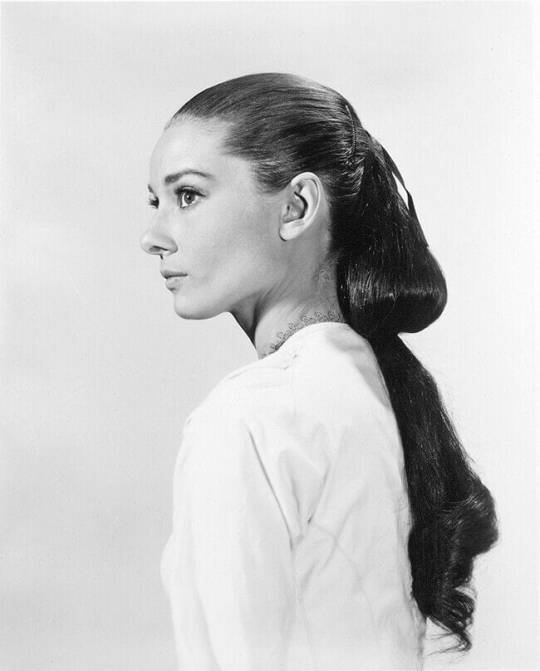
Audrey Hepburn for The Unforgiven (1960)
21 notes
·
View notes
Text

6 notes
·
View notes
Text
I'm never not thinking about Butch Cassidy and the Sundance Kid as well as Raindrops Keep Fallin' on My Head btw
#while i'm here i'll also mention i'm never not thinking about clint eastwood's unforgiven. most insane film in the entire universe. i need#to rewatch but i think it might do something horrible to my psyche rn#if u r reading this...please come talk to me about these movies...take my hand...let's be crazy about westerns together#my posts
3 notes
·
View notes
Text
recent M2MPD updates with le sserafim! yunjin pics 💚

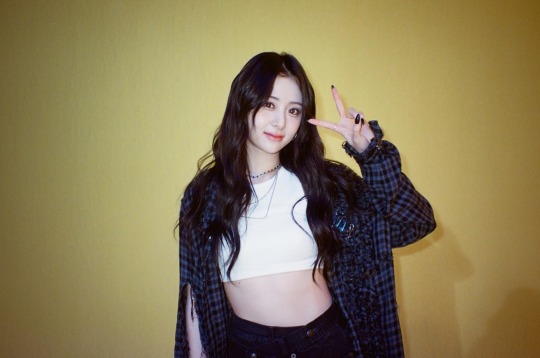
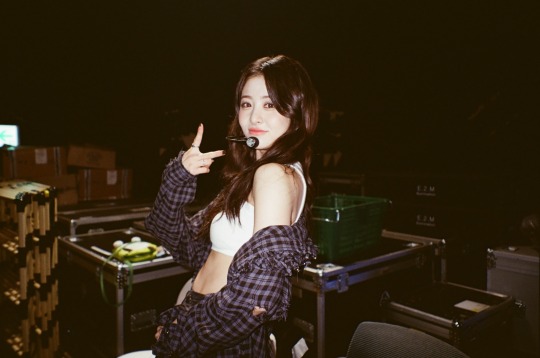

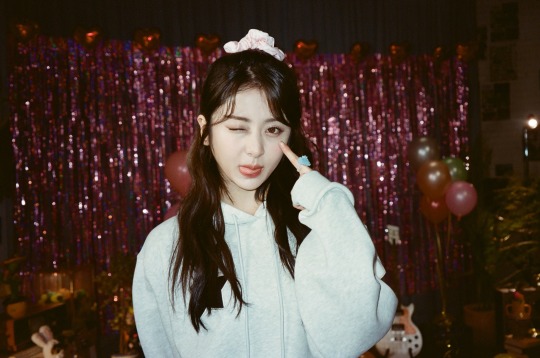



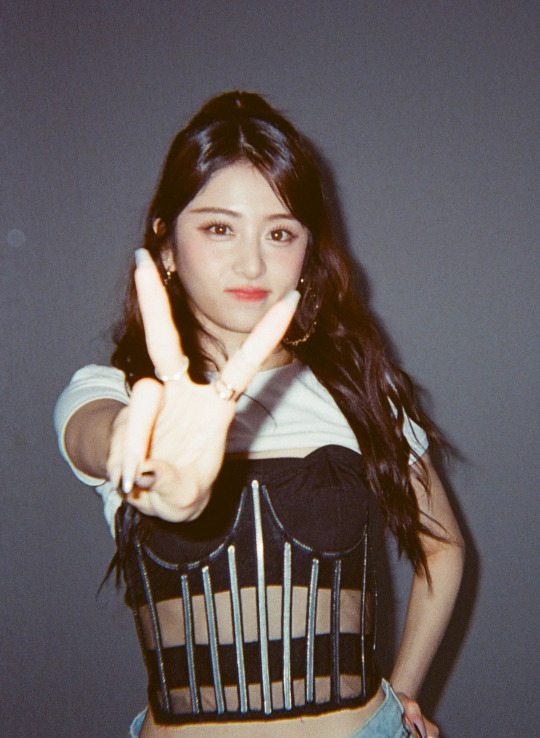
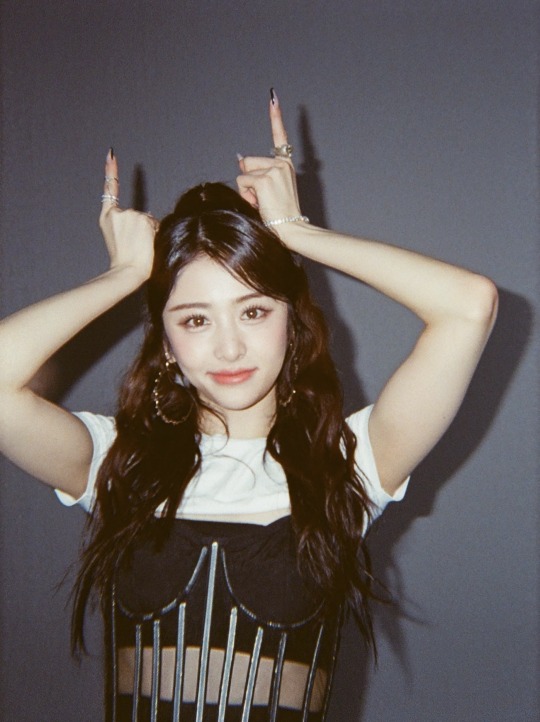
#le sserafim#yunjin#unforgiven#eve psyche & the bluebeard's wife#m2mpd#huh yunjin#kpop gg#film#yunjin 💚
15 notes
·
View notes
Text






"I'm just a fella now."
Unforgiven (1992)
Directed by Clint Eastwood
Cinematography by Jack N. Green
18 notes
·
View notes
Text
As Yeehawgust gets closer, I feel my yeehaw increasing, here’s a small, angsty edit!
youtube
#Spoilers fyi#tombstone 1993#cowboys#films#cinema#edit#yellowstone 1883#elsa dutton#the magnificent seven 2016#goodrocks#rdr2#arthur morgan#butch cassidy and the sundance kid#westerns#unforgiven#clint eastwood#Youtube#yeehawgust 2023
3 notes
·
View notes
Text




230531 MPD twitter
2 notes
·
View notes
Text
Women and Unforgiven
01/11/23
I’ve made the conscious decision to kick this year off with a bang. New Years resolutions have never really been a thing that I partake in but it seems as though I’ve run into some problems I’d like to solve in my life. Problems as a source of inspiration. Always the best type of inspiration. The most effective. One problem led to another: Now I am making my first attempt at reading the ginormanimasous entity of a novel titled Infinite Jest. I am enjoying it tremendously so far. I have not yet experienced the notorious pang of fatigue I have been warned of or the rip-the-book-in-half-throw-it-against-the-wall jolt of frustration, although if I get a little more into it I may very well cross into the rip-the-book-into-various-sections-and-rearrange-it territory I have been advised on. As much as my interest in this novel may pique at a fairly high point within my extensive library of special interests, I can’t see my Obsessive Compulsive Fan disorder ever straying me down the path of book vandalism. My OCF can and has guided me into the murky waters of low quality, disseminated and redisseminated David Foster Wallace interviews. Obviously you surf the web, but at some point you gotta abandon your surfboard for a boat, a boat for a submarine, a submarine for scuba gear and eventually just take that dive all by yourself until page 30 out of 435 can be seen on the Google search engine horizon. A perpetual trek onwards. Today I find myself at the halfway mark of Wallace’s 1997 interview with Charlie Rose, the part where they bring up the 1992 film Unforgiven. The two men sing their praises for the movie for a minute before moving on, but in that one minute, Wallace mentioned something that offended me. I am offended.
No, I am not offended. I am joking. But his comment was interesting. Wallace claimed in the interview that all the women he mentioned or showed Unforgiven to did not like it. As a woman, one who did enjoy Unforgiven, I want to formally assert that I am simply not like other women.
No, I am very much like all other women. I am joking. But I do want to respond to Wallace, because there’s more science to his statement. I’d like to think he contemplated why all the women he surveyed did not like Unforgiven.
David, if I may, or I can say Mr. Foster Wallace if you’d prefer, I want to explain, on behalf of all women, as the leading ambassador of all women across all space and time, why we do not all collectively like Unforgiven. Some of us do. But regardless of whether we like or do not like Unforgiven, I present my 2023 self before your 1997 presence on Charlie Rose’s talk show to assure you that we all have some same basic level of criticism for Unforgiven.
As a woman, Unforgiven is entirely unrelatable. The film grapples with some larger, overarching concepts of addiction, particularly to alcohol and violence, and of course, it introduces probably one of the first narratives of the female sex worker as a thought-having, politically active, independent human being in a Western as opposed to the Stagecoach-esque damsel in distress prostitute typical of the genre. That is not the divisive part. What makes this film so divisive among the sexes is its one defining quality: Violence. Sure, this can be said of any high action, high budget, easily digestible box office picture, but a clearer argument can be made in the case of Unforgiven. Over the course of a few weeks last semester, I spent a considerable amount of time with this movie. Mr. Foster Wallace, if you would’ve cornered me outside of my Introductory Film Studies class after just having spent 2 hours and 11 minutes in a dark room full of various university students doodling on their notebooks, fast asleep in their barely-comfortable chairs, drinking water every two minutes just to keep themselves awake, and regretting taking the Film Studies course because they were coming to the slow realization that they had to watch something other than the easily digestible box office picture every other day, my response would have blended in perfectly with all the other women you had asked previously. I did not like Clint Eastwood’s Unforgiven. But later that semester I was assigned a paper on that very film, effectively being forced into a stuffy closet with it until I came back out with various metaphorical hickies on my neck and 2000 words on all the ways it only provided an echo chamber for American hyper-individualistic ideology.
Mr. Foster Wallace, Unforgiven is so male. You and Mr. Charlie Rose were bound to like it. Having watched and watched and then rewatched, I grew to appreciate the film. I grew to understand how revolutionary it was in the realm of the American Western picture, I even grew to enjoy it. But what I gathered most of all from my dissection of this film was that it was never meant for me. For a woman, I mean. Out of the many things I am, I think my sex is a defining quality. It affects every aspect of my life, including how I, as a tried and true cinephile, consume media. I am generally forgiving (and occasionally funny). Generally very open to the stretching of the truth and the cutting of corners. But this movie is quite stiff and rigid, like an ancient block of cheese. Clint Eastwood, an icon of machismo in U.S. entertainment, is our main character, and although he tries his hand at some revisionism, it falls flat. We are introduced to Munny as a changed man, one with two small children and a pig farm and a humble little home and a deceased wife that forever altered his world view. He’s asked to carry out a hit on behalf of an unfairly abused prostitute and agrees to do so. After holding down the fast forward button for a good two minutes and watching all the little frames go by on the Netflix application, we get to the end where he single handedly massacres a room full of men in a bar, downs a couple shots of whisky, threatens a reporter’s life, swears that he’s not afraid of doing it again, before riding off into the night with an American flag splayed in the shot behind him. Eastwood’s character breaks every promise he had made to his dead wife: He defies every word he said in the beginning of the film about “change” and “better person”. To top it all off, every man in the movie is just as bad as him: If not worse. As a female viewer, a carrot is dangled in front of us in the beginning of Unforgiven. We are enticed with the prospect of a good man, one that has allowed the better forces in his life to infiltrate his soul and give his existence a new meaning outside of senseless violence. By the end, it is clear that we were lured into a trap. The prospect is the kicker here. It is the most redeeming quality of this film and it is yanked from underneath our feet. I am not holding the film in contempt or demanding an end to violence in all movies ever, I am simply speaking for all women when I say: We are tired. As the half of the population that suffers from insurmountable amounts of physical abuse at the hands of the other half: We are tired. We are tired and weary of the prospect. The prospect of non-violence. The prospect of a man that respects us. The prospect of a truly changed man. Getting to the end of Unforgiven is another failed prospect. Same old. Exhausting.
There are wonderful films out there that partake in copious amounts of violence. The 1993 revisionist Western, Tombstone, for example, is chalked full of ridiculously glorious shoot outs in true Western fashion. But, again speaking on behalf of all women because I am the ambassador of all women everywhere, it is a marginally more enjoyable movie. What makes it much better in some ways is not the absence of violence, but rather a presence of vulnerability. Tombstone gives way to a story we women want to hear. One of true change and eventual peace and prosperity amongst men. Tombstone shows the emotion of man, at first being channeled through the shoot outs and the use of violence, but later on, after the men have realized all the suffering they’ve caused, channeled into a productive and intimate resolution of peace. The small gay love story between a cowboy and a showman rings loudly in the background. The final tender moments between Val Kilmer and Kurt Russell’s characters make room for macho manly men to let down their guards and express love for one another after a long period of hate. The small shot of a wagon full of women passing by with bold “Equal Pay for Equal Work” signs raised above their heads. Johnny Ringo and Doc Holliday’s verbal face offs before finally succumbing to their weapons: Their quirky dynamic subtly emphasizing the idea of violence as a final resort. And in the end, Kurt Russell leaves town not with the prospect of returning to wreak havoc again, but rather with the reality that violence was never the answer in the first place.
Mr. Foster Wallace, the Western can be a wonderful thing. It can be truly revolutionized. Whereas Unforgiven had and still has a grip on the critics and film analysts for its “revolutionary” ways, I want to bring up the question of who is it serving? When men like you ask women like me if we liked Unforgiven and all of us say ‘no’, I think it is fascinating and it deserves to be looked into. It’s not “because it’s a Western (Which it’s not)” as you told Charlie Rose or because we can’t see its value and intentions. Of course its intentions are clear. It has always been abundantly apparent that Unforgiven was a rarity in Western cinema when it came out. But Mr. Foster Wallace, if you were a woman that had seen that tired story play out a thousand times in the world around you, would you “like the film?”
#unforgiven#clint eastwood#infinite jest#david foster wallace#tombstone#feminism#film#film review#cult film#val kilmer#kurt russell#western#opinion#journal#jello journal
4 notes
·
View notes
Text
"Unforgiven" (1992) - Clint Eastwood










Films I've watched in 2022 (184/210)
#films watched in 2022#Unforgiven#Clint Eastwood#Frances Farmer#Morgan Freeman#Richard Harris#Gene Hackman#western#1990s cinema
3 notes
·
View notes
Text
William Munny call him Dollar Bill
4 notes
·
View notes
Text
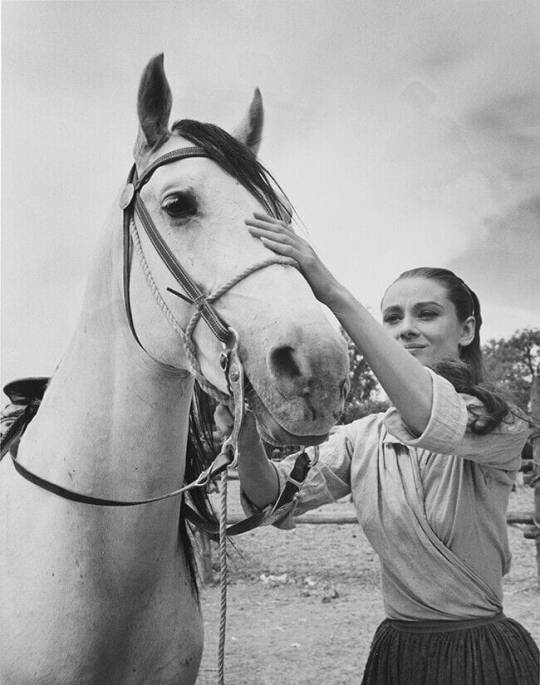
12 notes
·
View notes
Text

UNFORGIVEN(1992)
2 notes
·
View notes